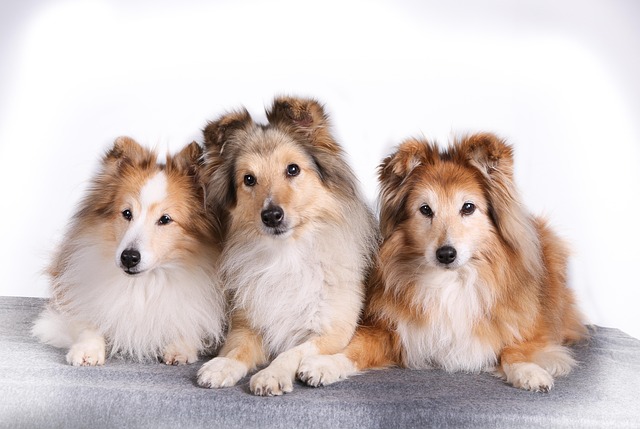
How do i train my dog to be obedient?
Watching your dog dart across the park ignoring your calls isn’t just frustrating—it can put them at risk near busy streets or public spaces.
German Shepherd puppies are full of energy, and it’s common for them to nip or bite during play—but when those tiny teeth start leaving marks, it’s time to act. Many new owners don’t realize that consistent training from 8 to 16 weeks old is key to curbing this behavior. Start by keeping soft, chewable toys nearby; when your puppy nips your hand, gently replace it with a toy and praise them for chewing correctly. This teaches them what’s acceptable to bite without scaring them.
Always remember to check local laws about dog training and socialization—some areas in Europe and North America require puppies to attend licensed training classes by a certain age. Skipping these classes might not just hinder your puppy’s behavior; it could also lead to fines. Socialization is part of stopping biting too—exposing your puppy to other calm dogs, kids, and new environments helps them feel less anxious, and anxious puppies are more likely to bite out of fear.
Avoid using harsh methods like yelling or tapping your puppy’s nose. These tactics can make your German Shepherd fearful of you, which often worsens biting. Instead, use a high-pitched “ow!” when they nip—this mimics how other puppies react in a litter, teaching them that biting hurts. Immediately after, stop playing for 30 seconds; puppies love playtime, so this pause helps them link nipping to losing fun.
 Keep training sessions short—10 to 15 minutes, two or three times a day—since German Shepherd puppies have short attention spans. End each session with a positive note, like a small treat or extra play with their favorite toy. If your puppy continues to bite aggressively, reach out to a certified dog trainer who specializes in working breeds. They can spot underlying issues, like boredom or lack of exercise, that might be fueling the behavior.
Keep training sessions short—10 to 15 minutes, two or three times a day—since German Shepherd puppies have short attention spans. End each session with a positive note, like a small treat or extra play with their favorite toy. If your puppy continues to bite aggressively, reach out to a certified dog trainer who specializes in working breeds. They can spot underlying issues, like boredom or lack of exercise, that might be fueling the behavior.
German Shepherds are intelligent and eager to please, so with patience, your puppy will learn to stop biting. Make sure to provide plenty of physical activity too—long walks, fetch in the park, or puzzle toys that challenge their minds. A tired puppy is a calm puppy, and a calm puppy is less likely to nip. Stick to your routine, and soon you’ll have a well-behaved companion who knows gentle play is the way to go.
Training your German Shepherd puppy to stop biting isn’t just about correcting bad behavior—it’s about building a trustful bond that lasts a lifetime. By following these steps, staying consistent, and abiding by local pet laws, you’ll help your puppy grow into a confident, friendly dog. Enjoy this phase—puppies grow fast, and before you know it, those tiny nips will turn into gentle licks and wagging tails.

Watching your dog dart across the park ignoring your calls isn’t just frustrating—it can put them at risk near busy streets or public spaces.

New puppy owners often find themselves rushing to clean up accidents before they set in, and that’s where puppy pad training becomes a game-changer.

If you've noticed your dog's waistline disappearing and your veterinarian has mentioned those few extra pounds, your first instinct might be to simply reduce the amount of food in their bowl.

Training a dog to use a designated spot indoors isn’t as daunting as many new owners fear, but it does take consistency and an understanding of your pet’s needs.

That moment of dread on a walk is all too familiar for many new dog owners. You see another dog approaching down the sidewalk of your neighborhood

If the sight of another dog on your neighborhood walk makes your heart sink as your own dog erupts into a frenzy of barking and lunging, you're not alone.